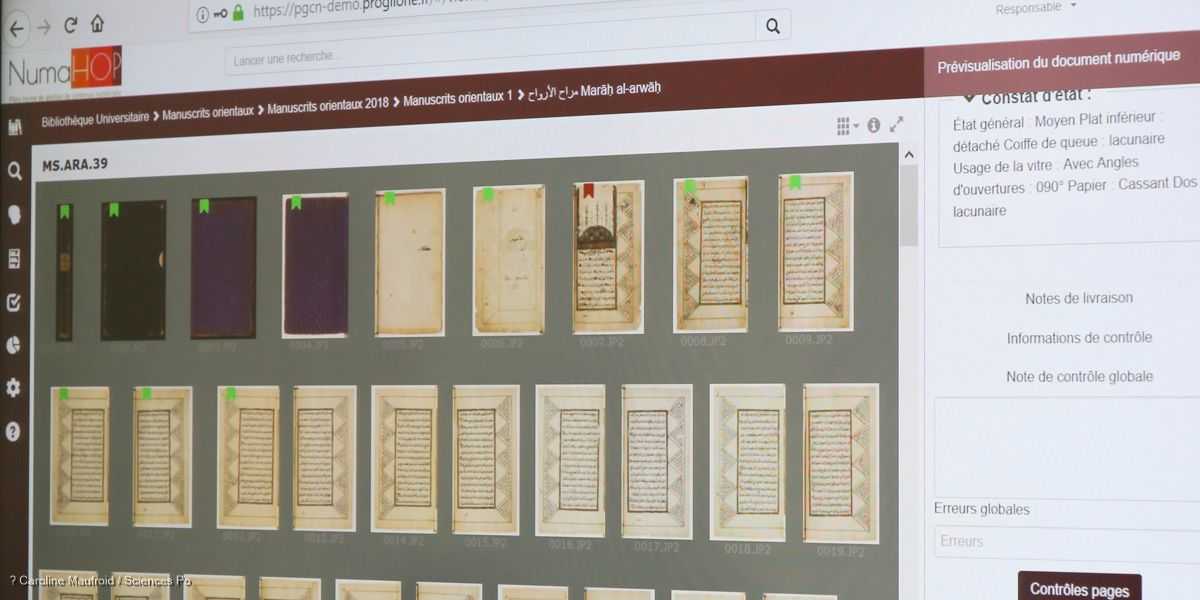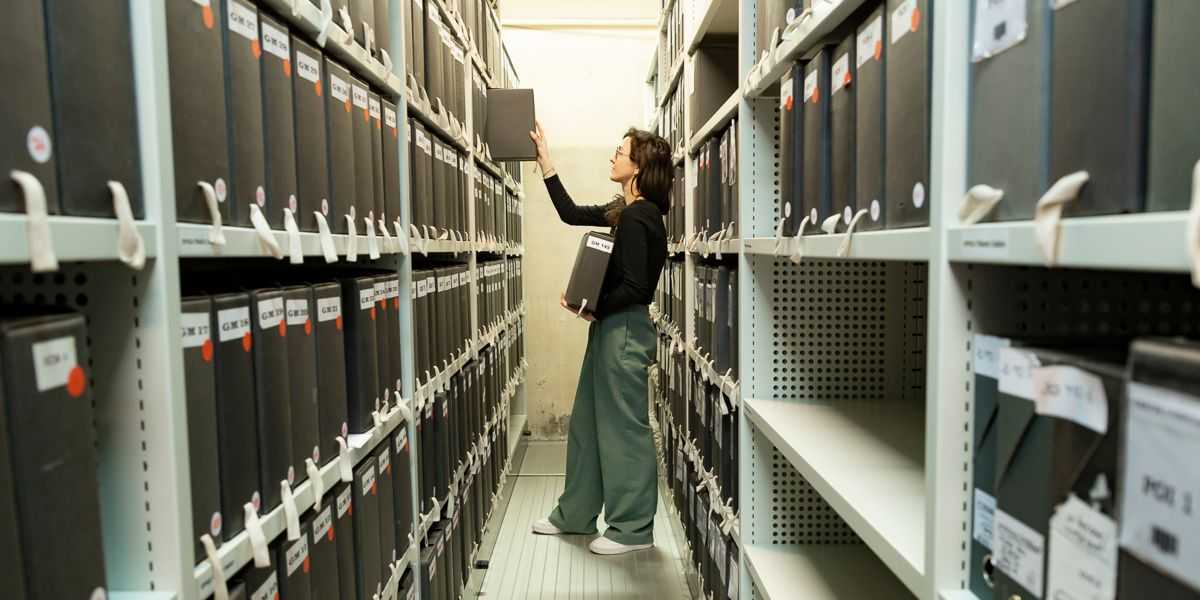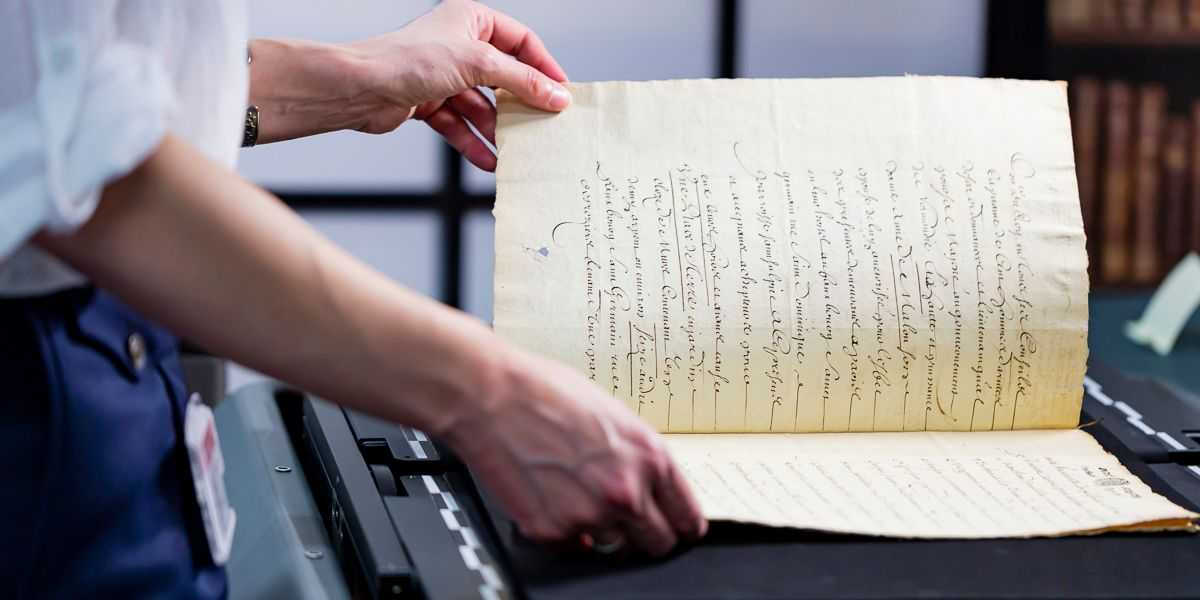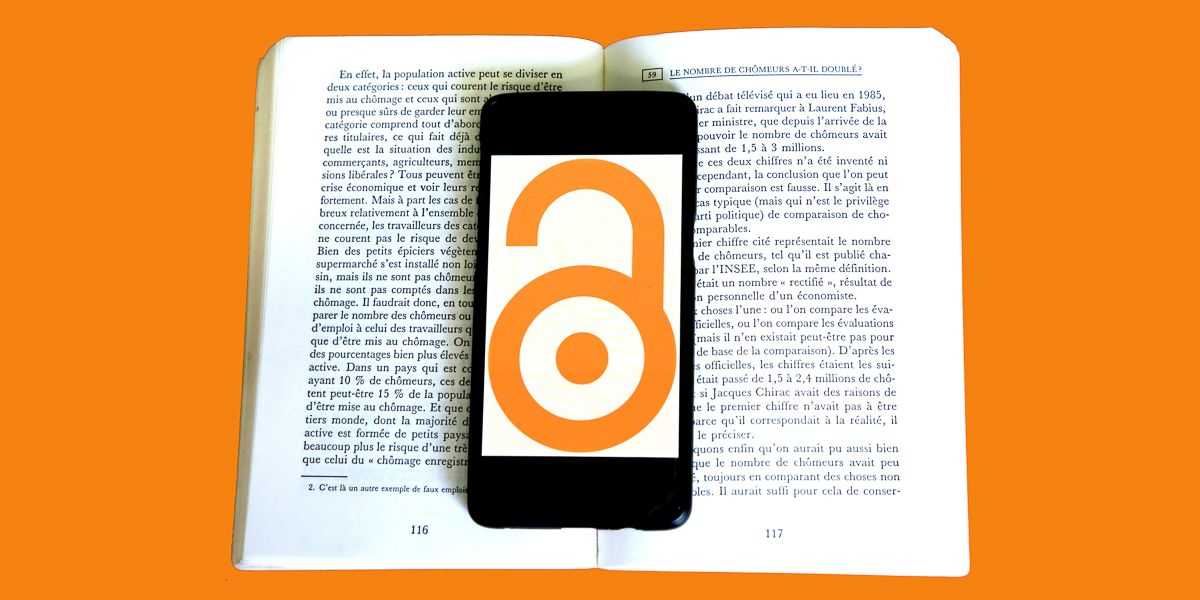Home>Services>Services for researchers and PHD students
Services for researchers and PHD students
The library offers many dedicated services to research staff, doctoral students and post-docs. The library will support you at every stage of the research process and with related tasks such as bibliographic reference management, preparing data management plans, disseminating research outputs, etc.
Below you will find the main services on offer and the people to contact for further information.








